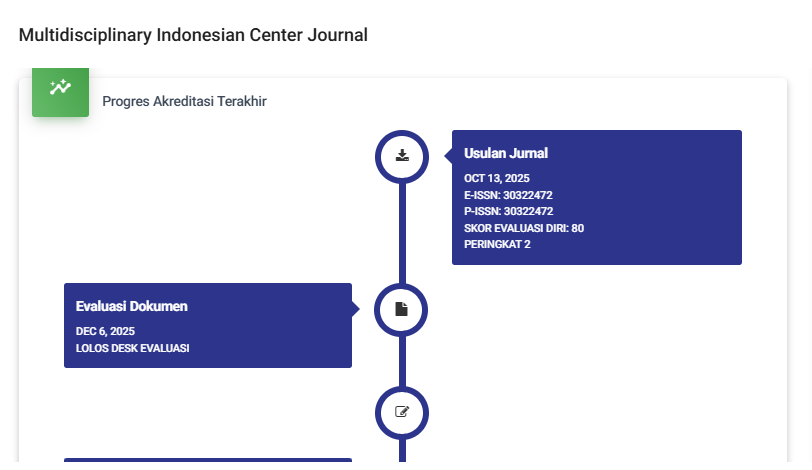PARADIGM AND RATIONALITY: CRITICAL REVIEW OF THE THOUGHTS OF THOMAS KUHN AND IBNU RUSYD
DOI:
https://doi.org/10.62567/micjo.v2i3.829Keywords:
Thomas Kuhn, Ibnu Rushd, paradigma, rationality, authority of scienceAbstract
This article critically examines the thoughts of Thomas Kuhn and Ibn Rushd in order to understand the epistemological structure and dynamics of science, by highlighting two fundamental concepts: paradigm and rationality. Thomas Kuhn, through his theory of scientific revolutions , argued that the development of science does not occur linearly and cumulatively, but rather through paradigm leaps triggered by internal crises in the scientific community and resolved through collective consensus. On the other hand, Ibn Rushd, as a representative of rationalist philosophers in the classical Islamic thought treasury, places reason and logic as universal epistemic foundations in revealing scientific truth, and firmly rejects the dominance of theological authority that hinders freedom of thought. This study reveals that although both come from different traditions and historical contexts, there is a common ground in the critical attitude towards intellectual stagnation and the drive to open up space for renewal of thought. However, epistemologically, both show sharp divergences: Kuhn is based on contextual paradigmatic relativism, while Ibn Rushd is rooted in transhistorical rational objectivism. Using a comparative-philosophical approach, this article concludes that a critical synthesis of the two views can enrich contemporary discourse on the foundations and direction of the development of science.
Downloads
References
Abed, S. (2002). Aristotelian Logic and the Arabic Language in Alfarabi, Avicenna and Averroes . Brill.
Abu-Rabiʻ, IM (2003). Contemporary Arab Thought: Studies in Post-1967 Arab Intellectual History . Pluto Press.
Averroes. (1961). Tahafut al-Tahafut (The Incoherence of the Incoherence) (S. Van den Bergh, Trans.). E. J. W. Gibbs Memorial Trust.
Feyerabend, P. (1975). Against Method . Verso.
Gaukroger, S. (2006). The Emergence of a Scientific Culture: Science and the Shaping of Modernity 1210–1685 . Oxford University Press.
Ilyas, Y. (2002). Introduction to the Philosophy of Science . RajaGrafindo Persada.
Kuhn, T. S. (1962). The Structure of Scientific Revolutions . University of Chicago Press.
Lakatos, I., & Musgrave, A. (Eds.). (1970). Criticism and the Growth of Knowledge . Cambridge University Press.
Leitão, H. & Garcìa-Ballester, L. (Eds.). (2001). Averroes and the Aristotelian Tradition: Sources, Constitution and Reception of the Philosophy of Ibn Rushd (1126–1198) . Brill.
Nasr, SH (2006). Science and Civilization in Islam . Harvard University Press.
Sardar, Z. (1989). Explorations in Islamic Science . Mansell Publishing.
Downloads
Published
How to Cite
Issue
Section
License
Copyright (c) 2025 Lalu Ibnurusd Al Hafied

This work is licensed under a Creative Commons Attribution-ShareAlike 4.0 International License.



























